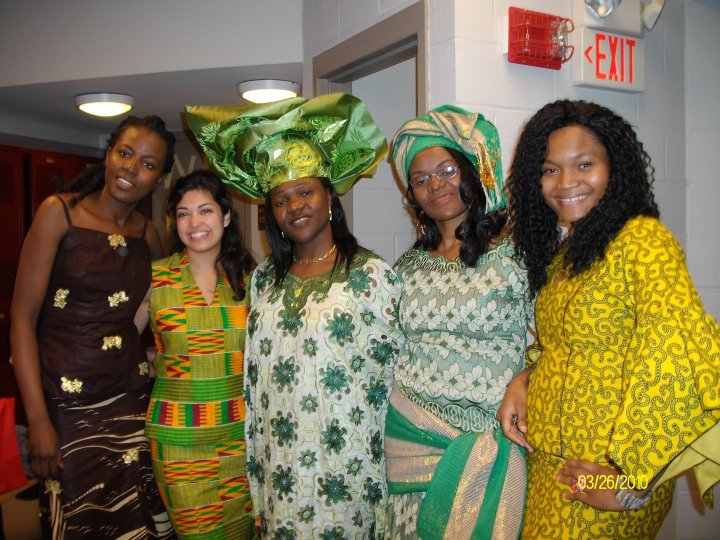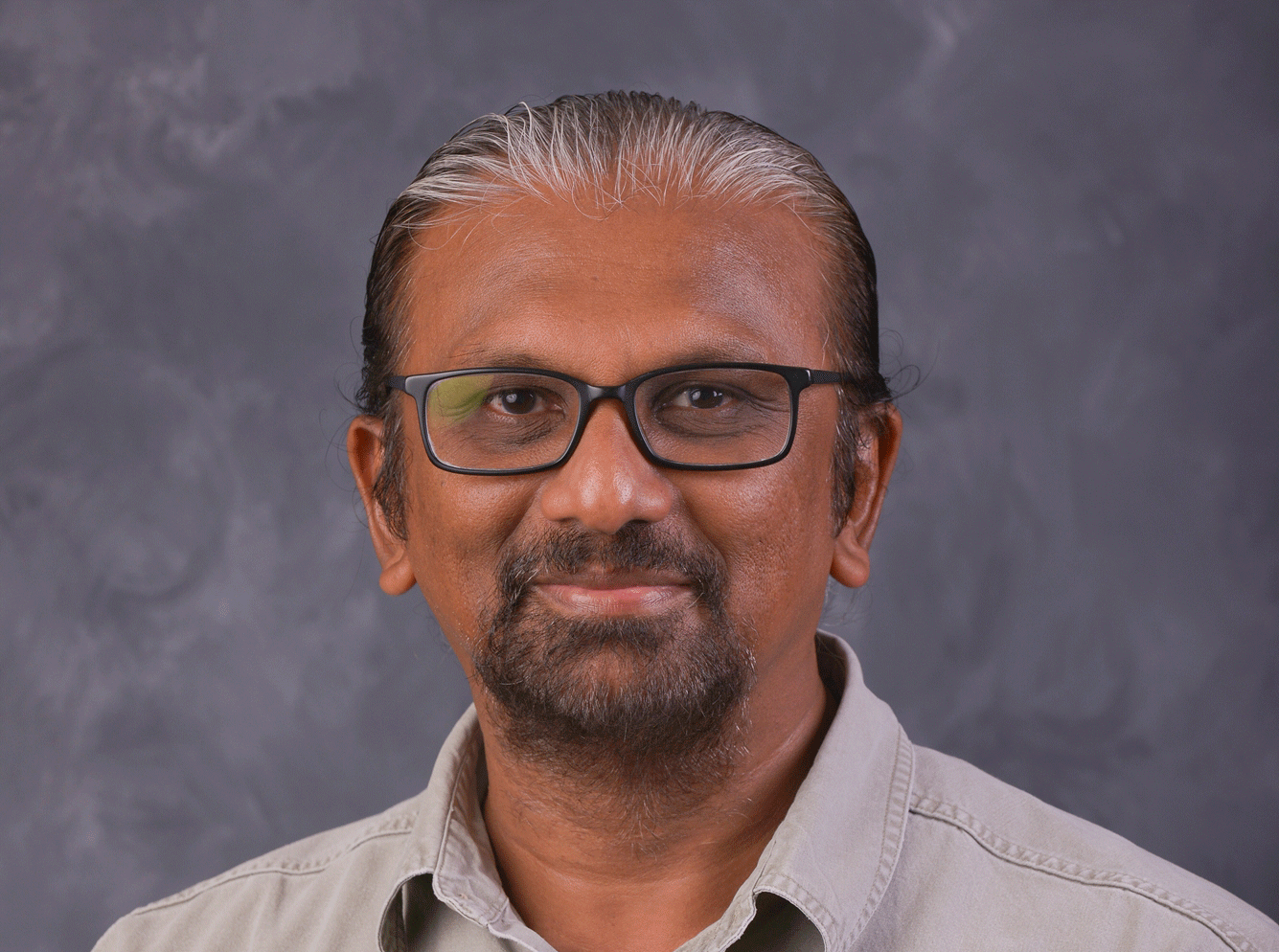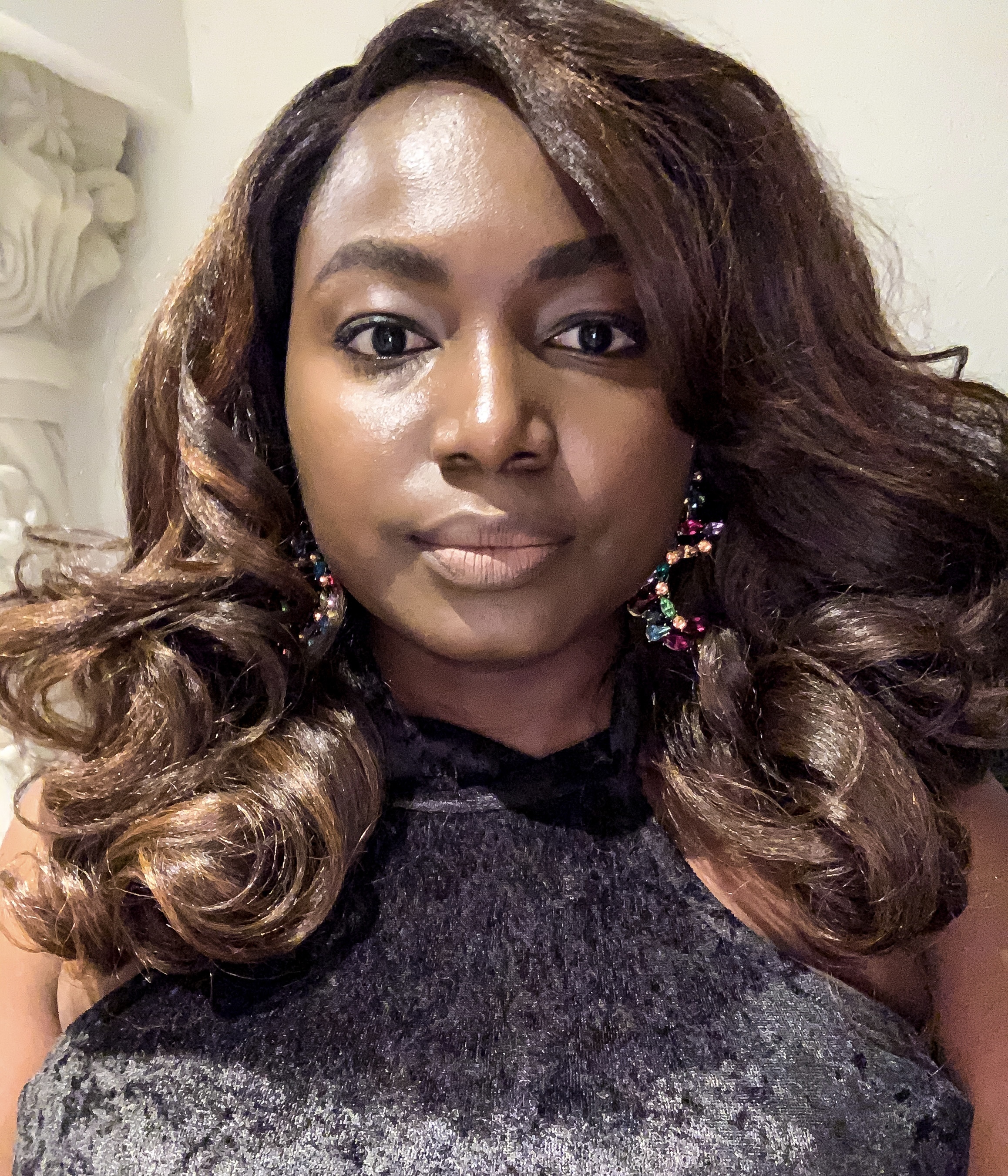Dr. Aniwaa Owusu Obeng '11
Asst Professor/Clinical Pharmacogenetics Coordinator
Icahn School of Medicine at Mount Sinai
Share one of your most powerful memories of ACPHS.
I was part of the group that started the African Students’ Union club. As the first President of ASU, I worked alongside the Multicultural Club, and we hosted an African Fashion show. That moment was unique, and it felt like we were engaging students of color, as well Middle Eastern students, making sure we all felt welcome and at ACPHS. At the time there were about a dozen accelerated students that were people of color. This event was a way for us to bridge the gap between accelerated and traditional students.

We had support from some of the faculty members, the Dean at the time, Dr. Mehdi Boroujerdi, gave us some of the funds and was very supportive of our work to put together that show.
Did you have a ‘lightbulb moment’ when you found ACPHS or your course of study? When did you know that this was the right fit for you?
I came to ACP straight from high school to the pharmacy program. Then, during my third year, I thought about leaving the school and pharmacy and taking the MCATs. My dad convinced me to wait and go to medical school after completing my PharmD. “There’s no point in leaving without a degree,” he said. In the end, I stayed in pharmacy and went on to a PGY1 residency and then a PGY2 residency. I love being challenged on a daily basis and in my career, I’m able to do innovative work. For me, that “lightbulb” was turned on during my PGY2 where I was the inaugural resident in the program. I realized that I am now uniquely positioned to make a lasting impact in the pharmacy profession and medicine as a whole. It is very humbling and also an honor to serve and lead in this regard.
What advice would you give your younger self?
I would tell my younger self to work hard, trust the process and keep your options open. When I came into pharmacy, I thought my career options were limited but now, I know that is not true. In my career, I am able to train incoming pharmacists, conduct translational research and lead multidisciplinary teams to implement cutting edge science into routine clinical practice. I had always wanted to become a medical doctor but now, I understand that God had a plan for me, and He guided me on this path to becoming a pharmacist so that I could be blaze the trail for many others.
So, to my younger self, please be hopeful, learn everything you can in school, study hard and keep your options very open. I didn’t even know about pharmacogenomics until after graduation. Be excited about new opportunities. Make the leap and jump when needed.
Was there a faculty or staff member who was particularly helpful or supportive when you were at ACPHS? Who was it? What did they do?
Dr. Ray. He is the best, the absolute best. When you’re young and you don’t know what the future holds, you find yourself trying to do your best while knocking down as many barriers as possible. Dr. Ray Chandrasekara is someone who sees you and is able to shine a little light through the darkness and give you hope.

I never even took a class with him. We met in the stairway and he invited me to come speak with him. Throughout the years, he has advised and encouraged me, he made sure I knew that someone cared about my progress and future. Dr. Ray used to tell me, “Many people are waiting on what you have to offer, so don’t give up on yourself.” It still resonates today. I don’t just look at my own needs, I have a desire to uplift others and be there for other people, to be a light to others as well. That is the Dr. Ray legacy I have been blessed to know and now I carry it forward to others.
What is it like to help current students by serving as a preceptor?
Being a preceptor is one of the most rewarding parts of my career. The beauty of pharmacogenomics is that I get to reveal this new discipline of pharmacy to students. I’ve done rotations, PGY1 and PGY2 residencies, so I know what having a good preceptor does for you. I appreciate the preceptors who put in the effort to make me ready to become an independent practitioner. It’s fulfilling and rewarding to give back. When I precept students from ACPHS, I also get to hear about how the school is doing and keep up with the students.
What do you tell others about ACPHS?
It’s a good school yet like any other good thing, it is not without challenges. When I was a student, the curriculum was very focused on community pharmacy. Now, more students come through my rotation wanting to do residencies and fellowships. I’ve been excited to see the school move in that direction.
As part of the GOLD advisory board, I hope to work with the College to encourage diversity and engagement with non-Caucasian students. This is a student’s home for their duration of study at the College, and I want them to have the feeling of community that I got when I was a part of the Multicultural Club and African Student’s Union.
Anything else you would like to add?
This might be unpopular, but I think Alumni should donate more – not just monetarily only but their time and expertise as well. I believe alumni may not want to give back because during their tutelage at the College, they didn’t feel a sense of belonging and unfortunately, that is something that has long-term consequences.
If the College does more for the students while they are there, then they’ll want to give back later after graduation. But if the students have to fend for themselves, they won’t feel charitable down the road. My positive experiences with good preceptors and faculty like Dr. Ray make me want to give back and make me want to help current students have good connections and experiences with the College.


